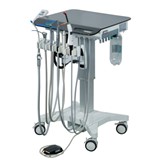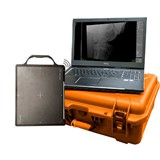NPS clinical adviser Dr Philippa Binns says that sleeping tablets, including Stilnox — also known by its active ingredient name zolpidem — are not the first-choice treatment for sleep disorders and that using non-medicine therapies are a better option.
"While popping a sleeping pill may seem like an easy option when you’re finding it hard to sleep, these medicines can have side effects and consequences with long-term use. For this reason, non-medicine therapies should always be the first-choice when it comes to treating sleeping problems.
"These therapies are as effective as medicines, but come without the risk of side-effects or dependency issues"
Non-medicine approaches address the various issues that may affect sleep, including psychological, behavioural and environmental factors, with an emphasis on learning good sleep habits.
"While these therapies may take a few weeks to start working , studies have shown people will normally fall asleep faster and sleep better through the night as a result," says Dr Binns.
When a sleeping medicine is prescribed it should be for the shortest duration possible or for intermittent use.
"In the long-term, these medicines may not help. As well as the risk of dependence, you won’t sleep as deeply as your body needs to with sleeping pills, so you may not feel rested the next day. Hence they should only be prescribed in situations where sleep difficulties are expected to be short-lived and where non-medicine therapies cannot be readily implemented."
Dr Binns says if you have been using certain sleeping pills for a while or have become dependent on them, you may experience side effects when trying to stop, so it’s best not to stop suddenly. It’s important to speak to your doctor who will be able to provide you with advice and strategies to help you stop using them.
Ten tips for better sleep:
- Try to go to sleep and wake up at the same time each day
- Be as active as possible during the day
- Reduce the amount of caffeine you have each day, and try to avoid caffeinated drinks after lunchtime
- Avoid naps during the day, or keep them to less than 20 minutes duration
- Avoid heavy meals, exercise or working on the computer late in the evening
- Relax for 30 minutes before going to bed (e.g. have a warm bath)
- Make sure your bedroom is not too hold or cold
- Avoid smoking and drinking alcohol in the evening
- Ensure you are comfortable and your bedroom is dark and quiet
- Don’t stay in bed if you are awake for more than 20 minutes – go to another room and do something relaxing before trying to go back to bed

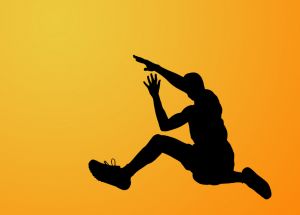
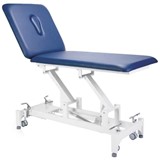

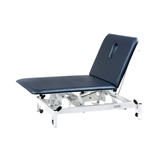



-160x160-state_article-rel-cat.png)










